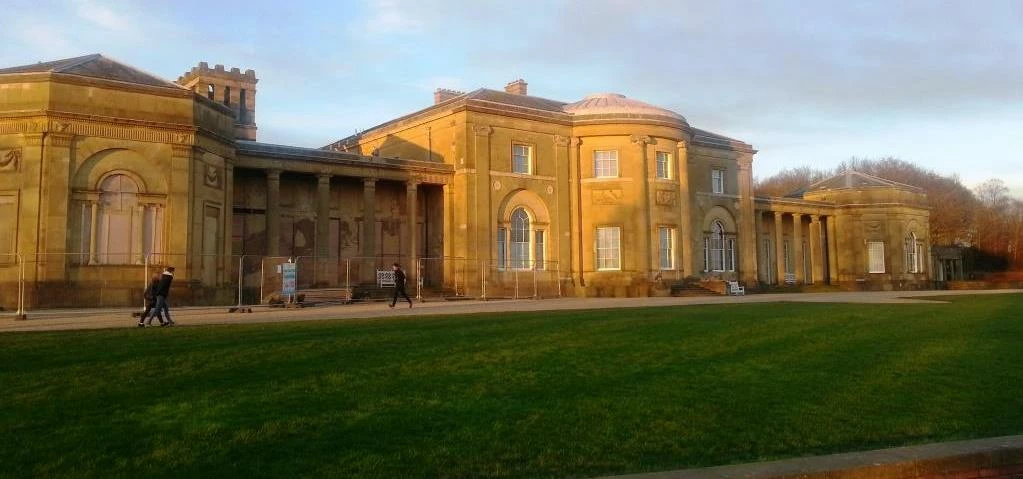
Grade I-listed Manchester ‘treasure’ undergoes refurb
The latest phase of a multi-stage project to refurb Heaton Hall, the Grade I-listed centrepiece of Manchester’s 600-acre Heaton Park, is complete.
Preston-based building firm Conlon Construction delivered a new round of restoration works that saw the original windows and shutters of the building’s West Wing, which have been stored away since the a fire devastated the site in 1982, refurbished and reinstated.
Additionally, Conlon provided glazing, stonework and joinery services.
Historic England, the government’s heritage service, is a long-term partner of the efforts to restore Heaton Hall. A major financial contributor to the project, Historic England has provided £400k in funding over the last two years.
Along with the restoration of the hall, the wider park area has undergone an improvement programme, including a full refurb of its play areas, with a £600k investment from the Clean City Fund.
Conlon Construction chairman Michael Conlon said: “Heaton Hall is a treasure of Manchester’s heritage and has been on Historic England’s ‘At Risk Register’ for several years, due to deterioration and the West Wing fire.
“We’re delighted to be involved in this scheme to restore the Grade I-listed building. The project builds on our extensive conservation experience, which includes a recent restoration project at the Grade I-listed National Trust property, Gawthorpe Hall.”
He continued: “The finished project will not only help to extend the lifespan of this remarkable building but also ensures that it is now in a condition that will allow visitors to Heaton Park to fully enjoy it inside and out and enable Manchester City Council to maximise its potential as an asset.”
Heaton Hall, a Palladian-style sandstone and stuccoed brick house, was designed in 1772 by Staffordshire-born architect James Wyatt.
Looking to promote your product/service to SME businesses in your region? Find out how Bdaily can help →








 £100,000 milestone drives forward STEM work
£100,000 milestone drives forward STEM work
 Restoring confidence for the economic road ahead
Restoring confidence for the economic road ahead
 Ready to scale? Buy-and-build offers opportunity
Ready to scale? Buy-and-build offers opportunity
 When will our regional economy grow?
When will our regional economy grow?
 Creating a thriving North East construction sector
Creating a thriving North East construction sector
 Why investors are still backing the North East
Why investors are still backing the North East
 Time to stop risking Britain’s family businesses
Time to stop risking Britain’s family businesses
 A year of growth, collaboration and impact
A year of growth, collaboration and impact
 2000 reasons for North East business positivity
2000 reasons for North East business positivity
 How to make your growth strategy deliver in 2026
How to make your growth strategy deliver in 2026
 Powering a new wave of regional screen indies
Powering a new wave of regional screen indies
 A new year and a new outlook for property scene
A new year and a new outlook for property scene